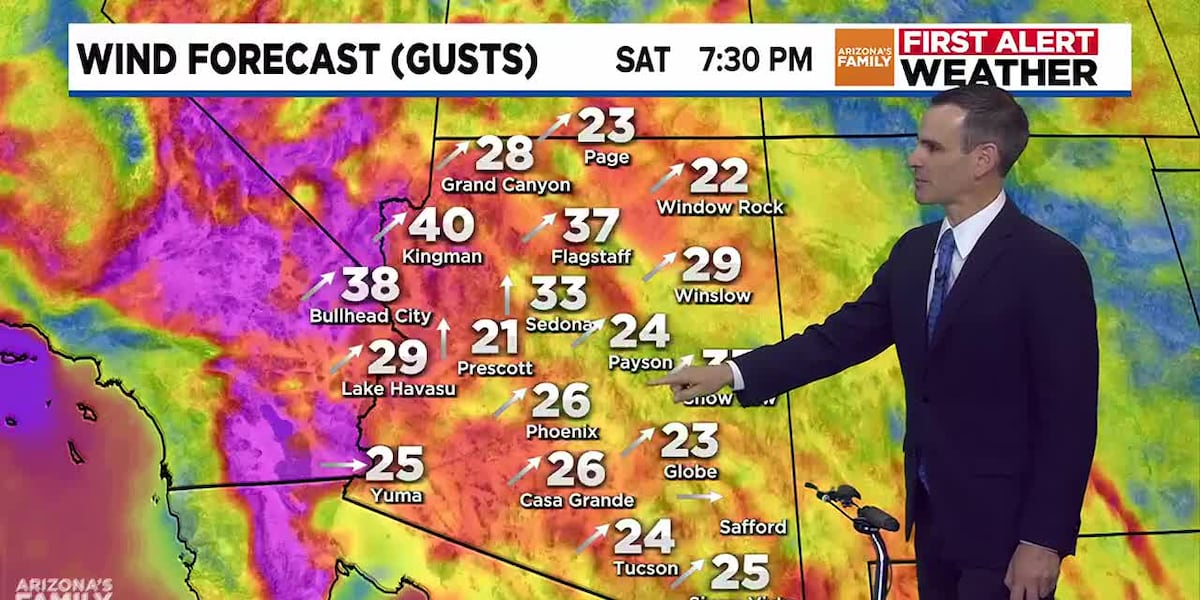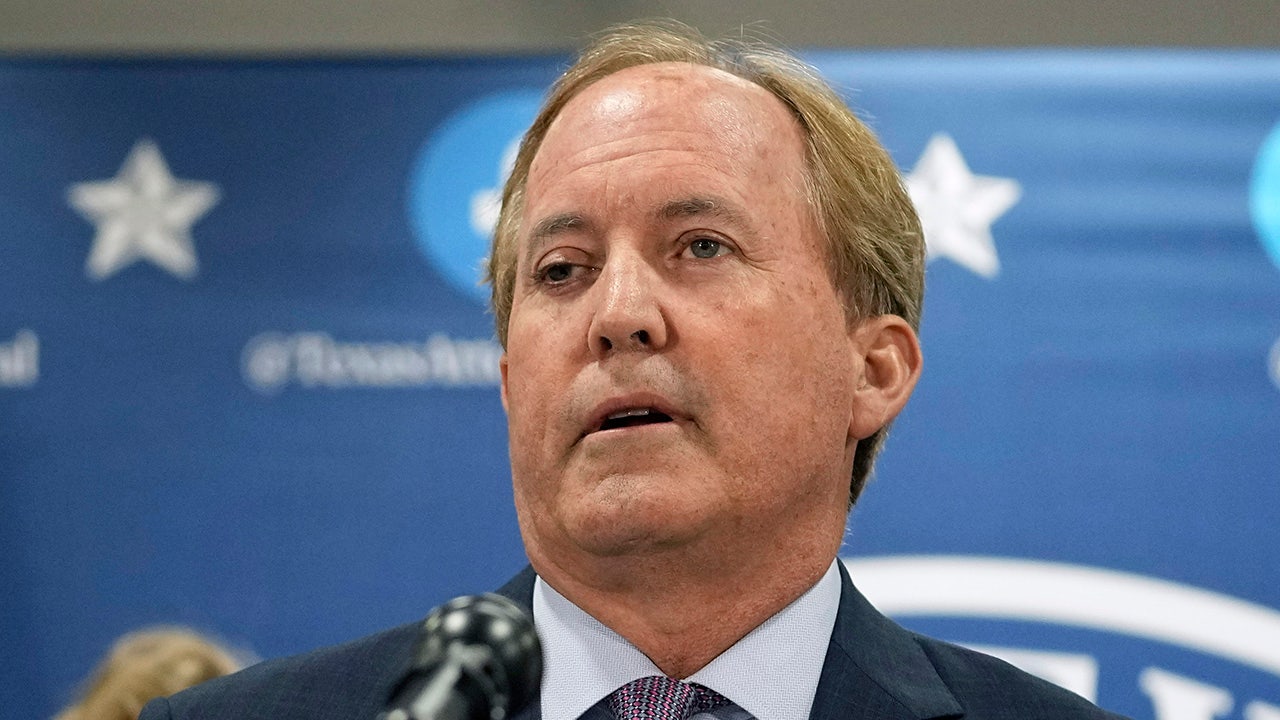PHOENIX — Gov. Katie Hobbs has inked her approval to the $17.8 billion state budget she negotiated with Republican legislative leaders.
The Democratic governor, in a written statement Friday, touted the provisions she demanded be included, including “unprecedented investments in housing, education, tribal communities and healthcare.”
“Today, we showed what happens when pragmatic leaders come together and compromise to get things done for Arizonans,” Hobbs said.
Republicans had their own take on the deal, emphasizing that they quashed the goal Hobbs stated in her budget proposal released in January to repeal the universal vouchers that allow any student, regardless of reason or need, to get state funds to attend private or parochial schools.
They also pointed to a plan to give tax rebates to families with children — versus Hobbs’ preferred aid to working poor with children — saying they are simply giving taxpayers back some of what they paid in prior years.
People are also reading…
Only thing is, the budget actually will result in some taxpayers getting back more than they paid. And it is crafted in a way to disqualify others who also had state income tax liability but chose to eliminate it by giving to certain charities.
A tax attorney told Capitol Media Services it also would allow someone to claim a credit for a live-in partner of any age.
Hobbs, beyond her prepared statement, is not answering questions about the provisions of the tax rebate or anything else in the package. That will have to wait until a news conference on Monday.
Tax relief compromise
Still, the governor’s press aide Christian Slater acknowledged this isn’t the spending plan Hobbs wanted.
“She will publicly tell you that she is not thrilled with every piece of it,” he said.
That includes the tax relief she wanted, Slater said.
In her budget, Hobbs sought to eliminate state sales taxes on diapers and feminine hygiene products. She said that would have saved women and families a total of $40 million a year.
More broadly, she proposed a new child tax credit that would give low-income parents $100 per year for each child. That had a $50 million price tag to the state.
Instead, Hobbs acceded to a demand by the Arizona Freedom Caucus, composed of the most fiscally conservative GOP lawmakers, for what they said amounted to $260 million to rebate some of the taxes that people paid in prior years.
It’s available to anyone who filed a full-year state income tax return for 2019, 2020 or 2021 who also claimed the state’s deduction for children.
If they had a tax liability for any of those three years, they will get a one-time $250 rebate for each child 17 or younger in 2021, up to a maximum of $750. Those with older dependents are eligible for $100 credits for each, again, up to three.
Sen. Jake Hoffman, R-Queen Creek, leader of the Freedom Caucus, said Republicans favored that plan versus the one proposed by Hobbs because it gives back some of the money paid by those who actually paid taxes. By contrast, the governor’s plan had no such requirement to show a tax liability.
Quirks in the rebate
The plan adopted allows anyone who had at least $1 in liability in any of the three years to get back up to that full $750, regardless of how much or how little they owed the state. Put another way, some people will get back a “rebate” that far exceeds their actual tax bill.
There are a host of other conditions and provisions.
Only those who had dependents in 2021 are eligible. New parents in 2022 are not.
Tax attorney Bob Kamman pointed out other quirks.
Consider, he said, a family with a 17-year-old in 2021, the year the law uses to compute the rebate, that owed no tax that year. Kamman said the fact that family may have had children 16 or younger in 2019 and 2020 does not make them eligible for the $250-per-child rebate, meaning they are entitled to just $100 per child.
The legislation also cuts out those who are generous with donations.
Arizona provides dollar-for-dollar credits against state income taxes for contributions to certain causes. These include organizations that provide scholarships for students to attend private schools, money given to public schools for extracurricular activities, and funding for a host of other charitable organizations ranging from Adopt-A-Vet to the Yuma Community Food Bank.
Those donations can often wipe out someone’s income tax liability. But, under the terms of the rebate provision inserted by Hoffman and colleagues, these same people will be ineligible for the new cash rebate of up to $750.
At the same time, Kamman said, the wording of the legislation is not limited to those with children. He said anyone with a dependent of any age qualifies for the $100 per person.
If a live-in partner earns no money, for example, the taxpayer can declare him or her as a dependent and get $100 back from the state.
An open question is, can taxpayers who find themselves locked out of the rebate plan go back and amend their 2021 returns to qualify?
Kamman gives the example of someone who itemized deductions on a 2021 return and had no tax liability. Yet if that same person claimed the standard state deduction, the tax bill would have been $100.
That suggests that someone could file an amended return — something allowed under Arizona law — remove the itemized deductions, pay the $100 and then get a rebate of $750 for the three eligible children they have.
Kamman acknowledged, though, that comes with the risk the state Department of Revenue might not read the rebate law that way. “You could try,” he said. “But it might not work, and you would still owe $100.”
Kim Quintero, spokeswoman for Senate Republicans, said she has referred questions about the program to Hoffman and Senate research staff and would have no immediate comments.
Get your morning recap of today’s local news and read the full stories here: http://tucne.ws/morning
Howard Fischer is a veteran journalist who has been reporting since 1970 and covering state politics and the Legislature since 1982. Follow him on Twitter at @azcapmedia or email azcapmedia@gmail.com.































